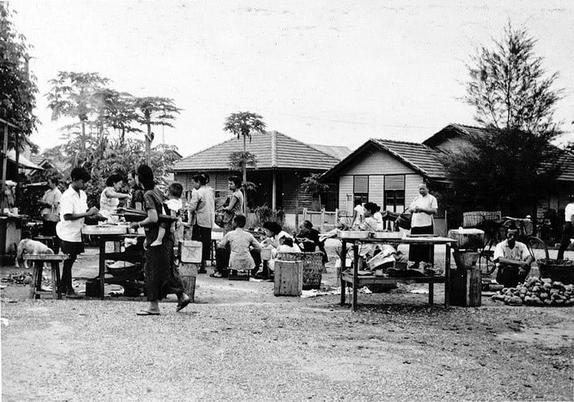#Free #OpenAccess #Research Article.
Civilisation under Colonial Conditions: Development, Difference and Violence in Swahili Poems, 1888–1907.
ABSTRACT
For a global history of development, Swahili #poems from the #German colonial period are valuable sources as they help to question the diffusionist view of development discourses as colonial import. This article analyses how concepts of development ( #maendeleo ) and civilisation ( #ustaarabu ) figured in poems written by Swahili authors between 1888 and 1907. Going beyond a reading of these texts as pro- or anti-colonial, it shows the importance poets attached to urban infrastructural improvement. Poems were also informed by the self-image of the superior, urban, #Muslim strata of coastal society ( #waungwana ) in contrast to inferior #nonMuslim inland societies ( #washenzi ). Several poets suggested that inland societies should be disciplined, yet differences to coastal Swahili society were usually not couched in terms of temporality nor in terms of a civilising mission. Poets had to come to terms, however, with new power relations as a result of German conquest. While some authors openly criticised colonial violence, others also embraced colonial interventions in infrastructural and economic aspects – but still expressed nostalgia for the past. In sum, the poems constitute a transitional space in Swahili discourses on development, showing that these were not merely colonial imports but grew from multiple roots.
https://www.tandfonline.com/doi/full/10.1080/13696815.2022.2027231#abstract
#Education #GlobalSouth #Africa #Decolonization #DecolonialLearning #Swahili #Poetry #Colonialism #GlobalHistory #WorldHistory #AfricanHistory #Poets #CulturalAnthropology #HumanCivilization
